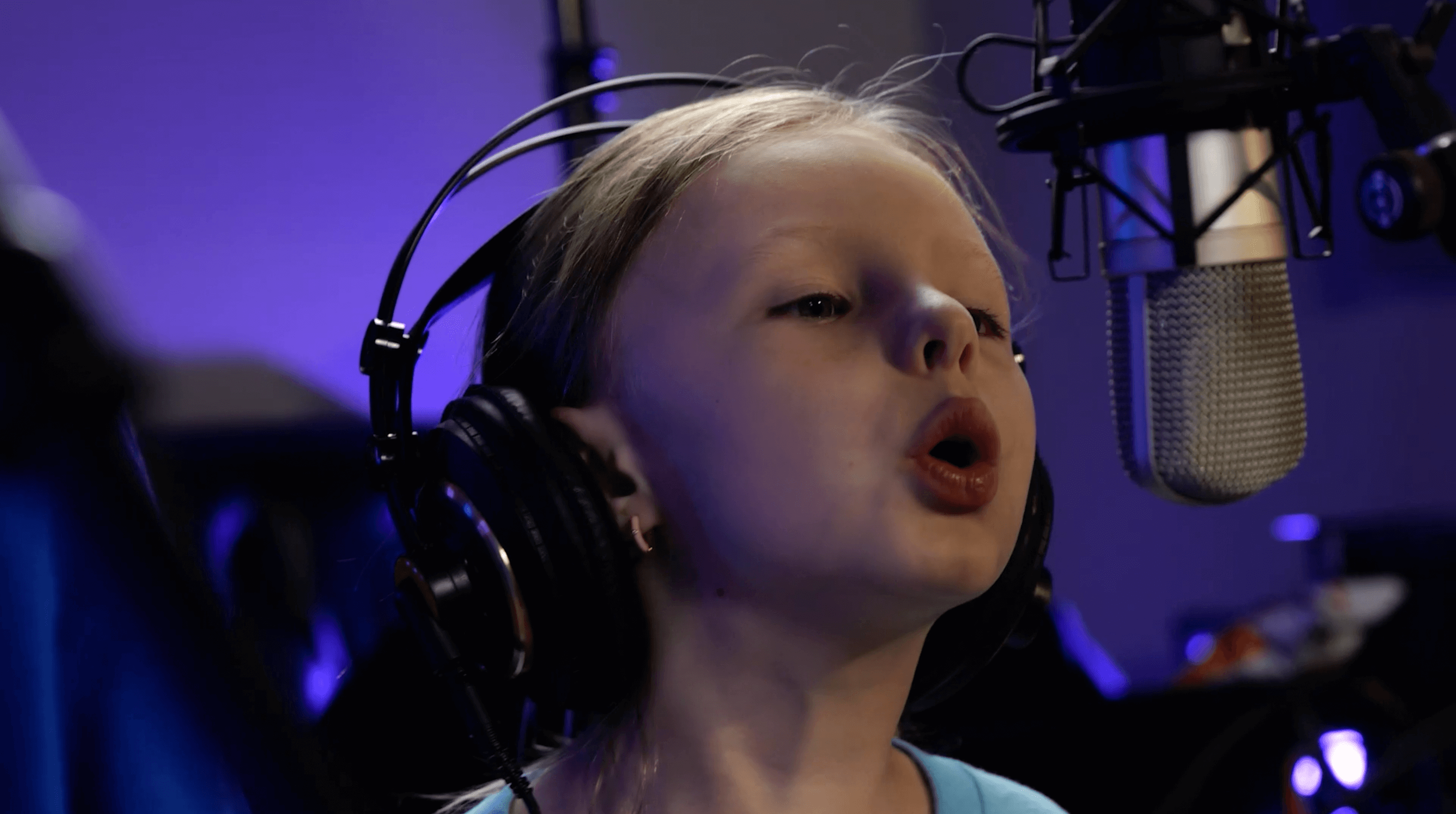Music has been a part of human culture for thousands of years, and its benefits extend to children as well. Here are just a few of the ways that music can be beneficial for children:
- Music can help children develop their cognitive skills. Listening to and making music both require a child to use their memory, attention, and problem-solving abilities. For example, a child learning to play an instrument must remember how to play different notes and follow instructions on sheet music, while a child who is singing must remember the words to a song and stay on pitch.
- Music can help children express themselves. Whether singing, dancing, or playing an instrument, music allows children to express their emotions and creativity. This can be especially important for children who may have difficulty expressing themselves in other ways.
- Music can help children develop their social skills. Many children learn to play music in groups, such as in a band or choir. This allows them to work together and collaborate with others, which can help them develop important social skills.
- Music can have a positive impact on a child’s mood. Music has been shown to have a calming effect on the brain, which can help reduce anxiety and stress. It can also elevate a person’s mood, which can help children feel happier and more positive.
In conclusion, music has many benefits for children. It can help them develop their cognitive skills, express themselves, develop their social skills, and improve their mood. Encouraging children to participate in music, whether it be through listening or making their own music, can be a great way to support their overall development.



